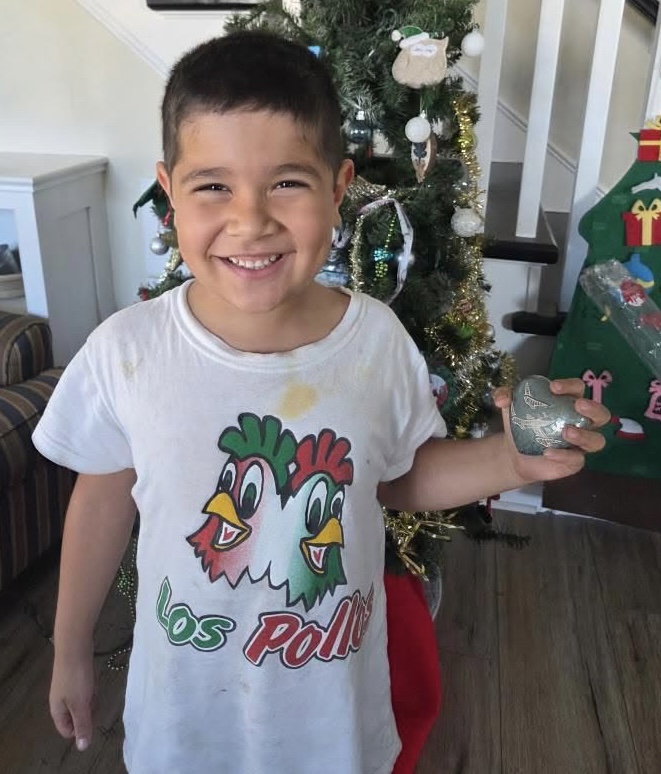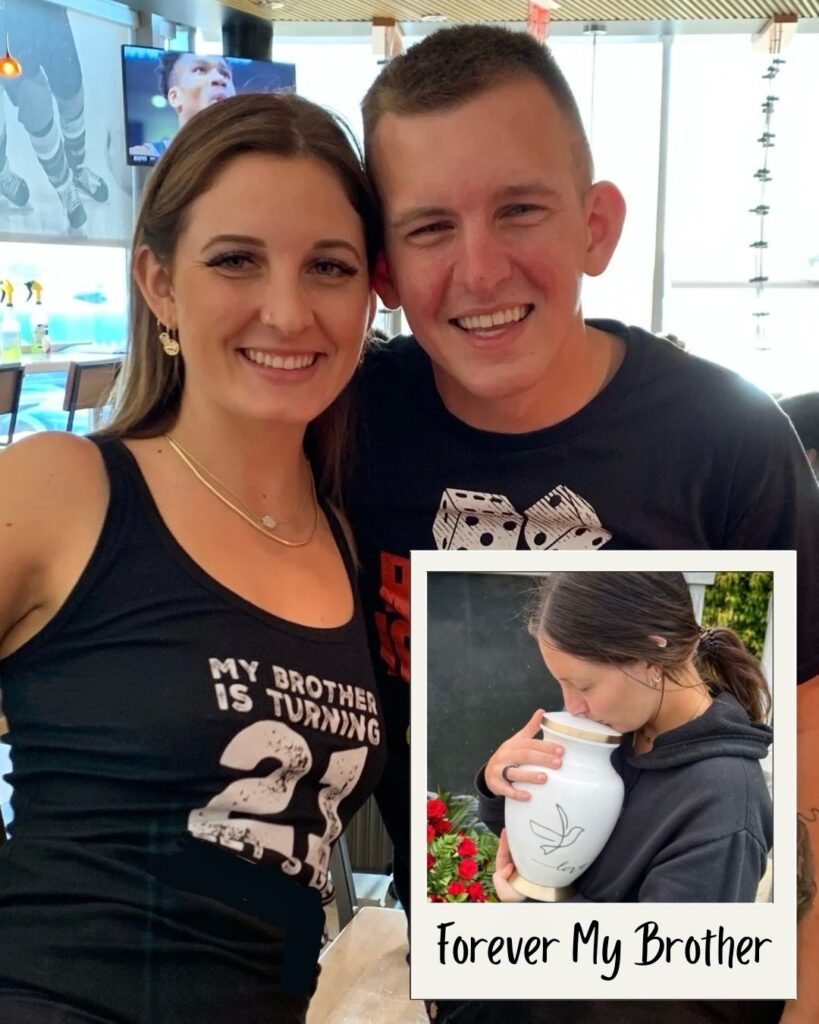Written By: Marie Brandon, BSN, RN, Certified Grief Educator
Sibling loss is often called the forgotten grief. When my son died, I needed to make a conscious effort to acknowledge my daughters’ grief. They worried about burdening me with their pain because I was already drowning in my own. In many families, attention and comfort naturally flow to parents, especially mothers. But siblings need care too.They need their grief witnessed, their feelings validated, and their voices heard.
As children, our brothers and sisters are our first friends, our partners in crime, our memory keepers. If we lose them, a part of our own story disappears too. Yet often, the focus of comfort goes to parents or spouses, leaving siblings to hold their heartbreak in silence.
Bereaved Siblings Month invites us to bring this quiet grief into the light. It asks us to honor all forms of sibling loss and recognize that healing begins when we give grief a voice.
The Sibling You Never Met
Did you know it’s possible to miss someone you’ve never even met? Some siblings grow up knowing of a brother or sister who died before they themselves were born. The love for that sibling begins with saying their name and grows in hearing their stories. Building a bridge that connects heart to heart despite the absence of shared memories.

Andrew holds his sister in his hand, and his heart. Gianna passed away before Andrew was born, yet his mother says he speaks of her often.
For those siblings who are lost through miscarriage, stillbirth, or early infant death, the loss can seem invisible yet deeply felt. Giving that love form through mindful rituals, lighting a candle, creating art, or dedicating a few minutes of gentle breathing in their memory gives space for grief to be seen and honored.
Losing a Sibling as a Child
For a child, losing a brother or sister can feel confusing and lonely. Parents may be overwhelmed by their own grief, and surviving children often try to be “the strong one.” Yet their grief is real, living in their bodies as restlessness, anger, withdrawal, or regression.
Movement can be a bridge for expression when words are hard to find. Programs like Gloves for Grief, where boxing meets mindfulness, help children and teens release emotion in healthy, embodied ways. Through breath, movement, and safe connection, they learn that it’s okay to feel everything, and that strength and sadness can coexist.
Losing a Sibling as an Adult
Adult sibling loss carries layers of longing. You’ve shared a lifetime of experiences from holidays to inside jokes, maybe even your own special sibling language. Then, suddenly, that shared history is gone and reality sets in. No more memories will be made. Your brother won’t see you graduate college. Your children will never know their aunt. As if the loss isn’t hard enough; it’s often compounded by needing to support parents, comfort a younger sibling, or taking on new responsibilities while your own heart aches.

“It’s difficult to imagine the future without my brother Jacob. He won’t be at my wedding, he’ll never meet my kids. I didn’t just lose my brother, I lost my best friend.”
-Emma
In this season of grief, many find healing by grounding in the body. Mindful movement practices like the 4-7-8 Breathing Exercise, Progressive Muscle Relaxation, walking or yoga offer a physical outlet for emotions that words can’t hold. Punching, breathing, or simply moving with intention becomes a way to release pain and reconnect with life.
Losing your Twin
For twins and multiples, the loss of a sibling is unlike any other. From the beginning, their lives are intertwined, even before birth. When one twin dies, the survivor often describes it as losing part of themselves. For triplets or higher-order multiples, the grief can feel even more layered. A trio becomes a pair, with each surviving sibling grieving differently, living with an ache of feeling “less than whole.”
Loss of a twin or a higher-order multiple can bring deep loneliness and identity confusion. Mindful practices can help reconnect to self, honoring both individuality and shared memory. Some may find meaning in creative acts done in honor of the sibling they carry within.
The Forgotten Griever
In the wake of death, the sibling’s grief is often overlooked. Friends and family naturally focus on comforting the parents, leaving brothers and sisters feeling unseen. But sibling loss is profound. It’s the loss of a lifelong witness, the one who knew your stories before the world did.
Grieving siblings need space to move, speak, and remember. Whether through support groups, memorial gatherings, physical activity, or quiet meditation, acknowledging this grief in body and soul brings healing to what has long been unspoken.
Finding Support
If you or someone you love is grieving a sibling, know that your grief matters, and support exists. Organizations like COPE Foundation, Bereaved Siblings Chapter – PB of USA, Our House, and Twinless Twin offer dedicated sibling resources and community.
Programs that combine movement and mindfulness, like Gloves for Grief, remind us that healing isn’t only emotional, it’s physical.
Our Promise
Every sibling loss changes the shape of the forgotten griever that was left behind. Yet their memory lives on through us in the stories we share, the actions we take, and the love that endures.
This month, we hold space for everyone who has lost a sibling. May we speak their names, breathe through the sadness, move with the pain, and remember that even though they are no longer beside us, they remain forever woven into who we are.
Healing and Hope
If you’ve lost a sibling, we invite you to join us in remembrance and movement.
💬 Share your sibling’s name or story in the comments or on our social posts.
🥊 Join a Gloves for Grief session to experience how mindful movement can help release and honor your grief.
☎️ Reach out to us or one of the resources listed above.
“When we share our stories, we give our grief a voice.”
— xo, Marie
November 19, 2025
Leave a Reply
We organize fitness and wellness-inspired events to build a strong community and offer an outlet for physical release.
We are creating a network of mental health professionals and need-based financial assistance to support grieving families beyond our events.
We offer opportunities for post-event connection through referrals to local faith-based support groups, which is what brought our co-founders together.

Post Comments